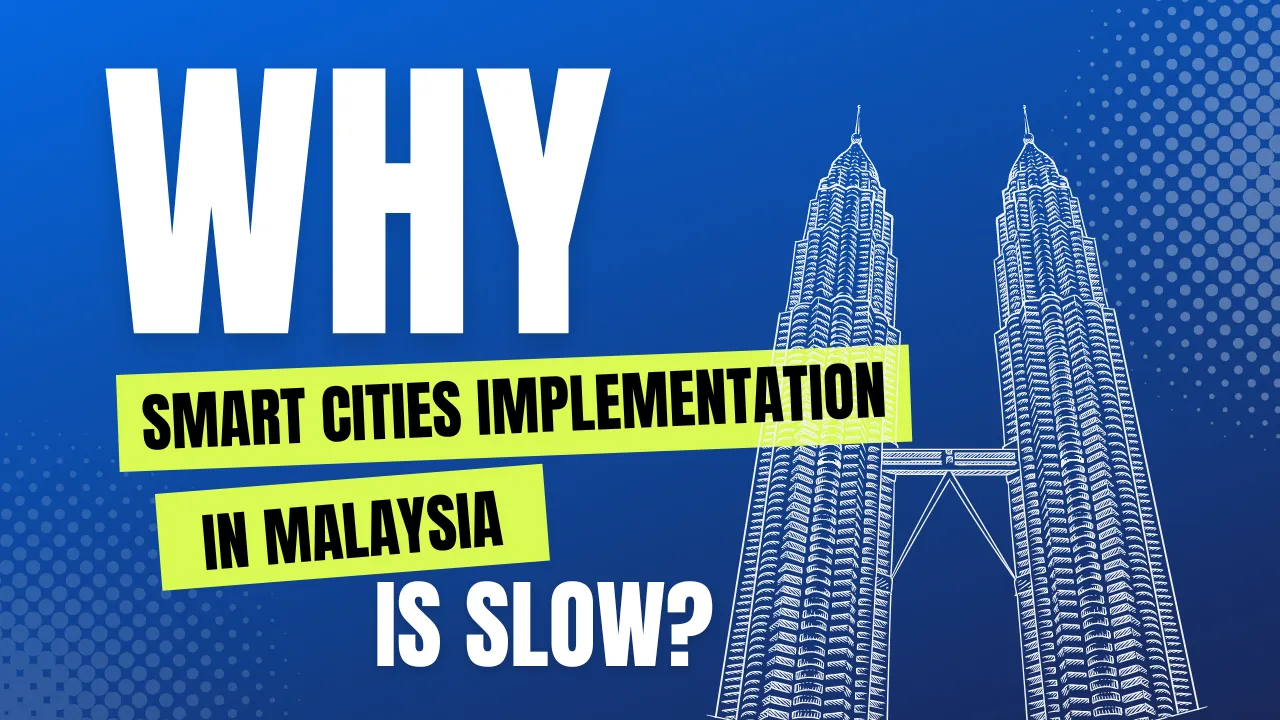Smart Cities….
Just saying it out loud has this futuristic vibe, doesn’t it?
Makes me picture this utopia where everything’s interconnected, efficient, and, well, smart.
I’ve been down this rabbit hole more times than I can count, dreaming up the endless possibilities.
But then, reality checks in, and boy, does it bring you back down to Earth with a thud.
Let’s chat about why it feels like we’re stuck in the mud when it comes to getting Smart City projects off the ground in some local councils or municipalities.
It’s like everyone’s excited to talk about the potential, but when it comes to action, it’s a whole different story.
The first roadblock?
Budget. Or rather, the lack of it. It’s the age-old problem, isn’t it? No money, no progress.
But who’s going to solve this puzzle?
It seems like a merry-go-round of pointing fingers and shrugging shoulders when it comes to planning and execution.
And let me tell you, it’s causing quite a bit of frustration among industry players and solution providers. They’re all dressed up with nowhere to go, so to speak.
After stewing over this for a while, a lightbulb moment happened. Maybe we’re approaching this all wrong.
Instead of getting hung up on the budget issue first, what if we focus on getting the right talent and expertise on board?
It’s like, solve this piece of the puzzle, and the rest will start falling into place.
Because, let’s be real, you need people who know their stuff to navigate through the complex web of Smart City projects.
Now, let’s take a step back and really look at what we’re up against.
Smart Cities aren’t just about slapping some tech onto old infrastructure. We’re talking smart traffic lights, environmental monitoring, river monitoring, waste management, smart parking… the list goes on.
These projects are complex and need a dedicated team to handle them.
Think about it.
Can the existing IT team, who previously were just managing the network and computers, suddenly morph into jack-of-all-trades handling these advanced projects?
It’s a bit of a stretch, isn’t it?
I mean, if massive corporations with their fancy Smart Building solutions need a specialized IT team, how can we expect a small municipal IT team to manage an entire city’s worth of smart solutions?
It’s pretty clear that the current setup in the councils isn’t cut out for this monumental task.
What we need is a revolution in the organizational structure, a specialized team whose sole focus is on making Smart Cities a reality, from planning and procurement to implementation, operations, and maintenance.
But here’s the kicker — how many local councils in Malaysia, or anywhere for that matter, have a dedicated Smart Cities Department?
If we’re still scratching our heads on that one, it’s time for a change.
We need to rethink our approach and start building the foundations for these departments.
So, where does that leave us? Well, I’d like to end on a hopeful note.
The road to Smart Cities might be bumpy, filled with budget woes, and a bit of a logistical nightmare, but it’s not insurmountable.
With the right talent steering the ship, a clear focus, and some restructuring, we can get there.
It’s about building smarter, not just dreaming about it.
Let’s start the conversation, rally the right people, and make those Smart City dreams a reality.
Because, at the end of the day, we’re all in this together, aiming for a future that’s a bit brighter, a bit smarter, and a whole lot more connected.
This article, “What Slows Down the Smart Cities Implementations in Malaysia?,” was originally published on Medium.
